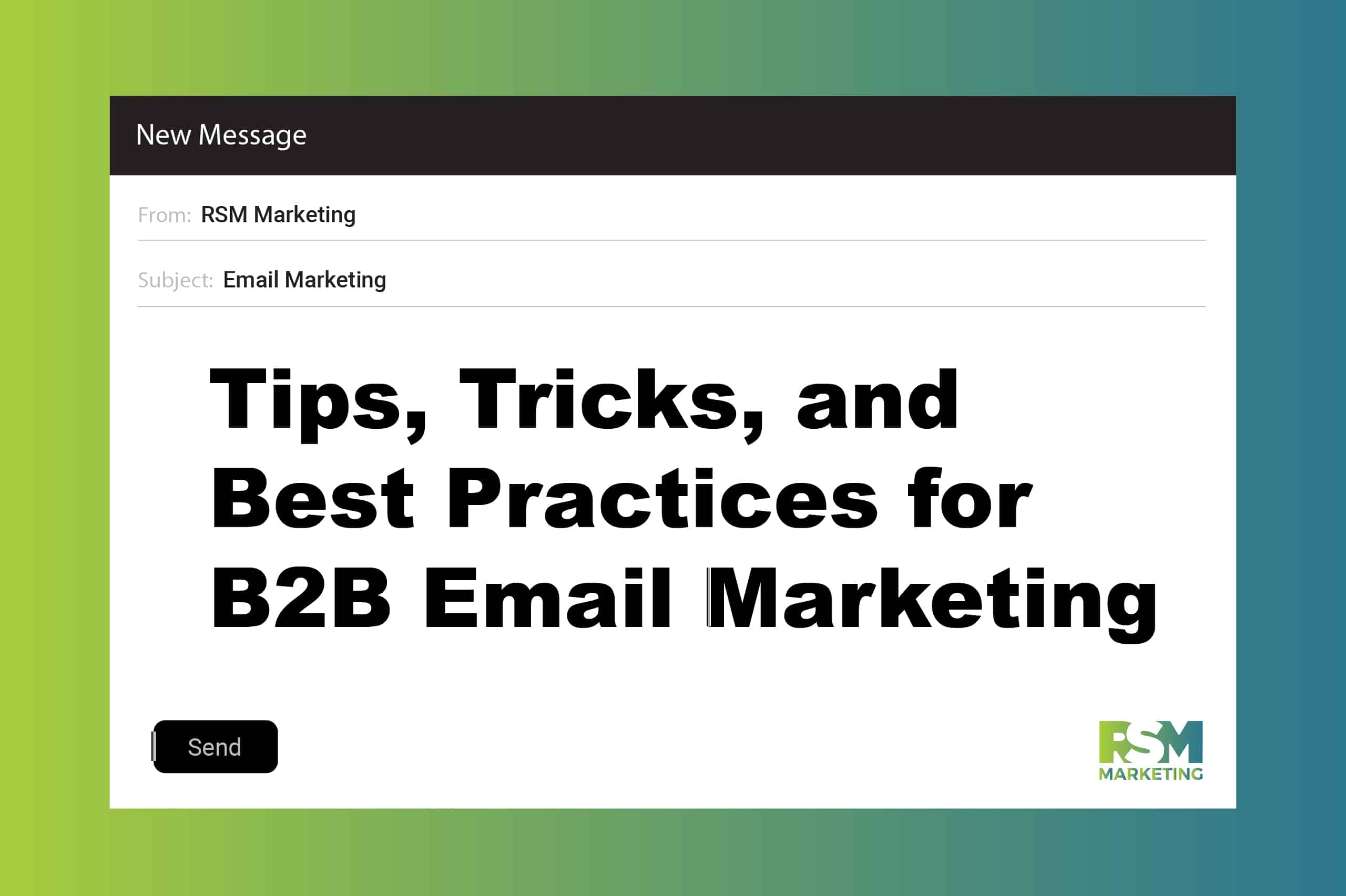Marketing Insights

In a world where Google reigns supreme, it seems as if more and more people are finally becoming aware of just how unclassified our most private information is. With identity theft at all-time highs and 40% of Americans coming around to the idea that search engines shouldn’t track the activity of their users, there has to be a way to surf the web without invasion of privacy… right?
Or, perhaps it’s something you haven’t even thought about. The prevalence of Google and the willful sharing of personal data via social media and apps are so commonplace that we don’t even think about the implications of willingly giving up our identities.
It’s time to try an alternative, one of which is DuckDuckGo, the most unheard of means to search without marketing agencies, corporations, hackers, and algorithms tracking your every move and sharing your information with the world.
What is DuckDuckGo?
It wouldn’t be surprising if you’ve never heard of DuckDuckGo. In fact, even though the privacy-focused search engine is celebrating hitting 10 million searches per day plus a 600% increase in popularity, the company realizes that only a fraction of the population has even heard of it. But the concept is pretty straightforward and, well, makes a ton of sense.
DuckDuckGo emphasizes the fact that what you search for is your own business… and they want to keep it that way. They don’t collect personal info, so therefore there is no personal info to share. They pride themselves on preventing what they call “search leakage”, and want you to take back your private information and search habits.
Why Use DuckDuckGo?
It all depends on how much you care, really. If you’re the Ron Swanson-type, threatening to chuck your entire computer into a dumpster the next time you get a pop-up ad that follows you around because of that one time you searched for oil-based paint, you’ll find immediate relief with DuckDuckGo.
But, for the short and sweet reasons why:
- DuckDuckGo does not collect or share your personal info
- It does not track your search habits
- It encourages users to directly influence searchability
- It allows you to customize your search experience on your terms
Because let’s be real—there are entire industries devoted to monitoring search habits so companies can better implement their marketing efforts, use your personal info for purposes unbeknownst to you and profit off your private data.
The Future of Search As We Know It?
We’ve become so accustomed to the rapidly changing nature of the internet and the ease it provides us that we’ve never really stopped to think of the implications associated with freely providing our information—whether it be first/last names, date of birth, and (yes) search habits—to something as simple as a search engine or a social media platform.
Privacy is not an option, it’s a right. Reclaim that right by realizing the value of your personal data and refusing to allow companies to exploit it without your consent. The emergence and growing popularity of DuckDuckGo is burgeoning proof that the times are a’changing. It’s time our search habits changed, too.
Want Some Help?
That’s what we’re here for! Whether you need some guidance on moving in the right direction or a whole lot of marketing muscle—the experts at RSM Marketing can make it happen.
Start with a simple conversation! Complete the form and one of our team members will be in touch.




